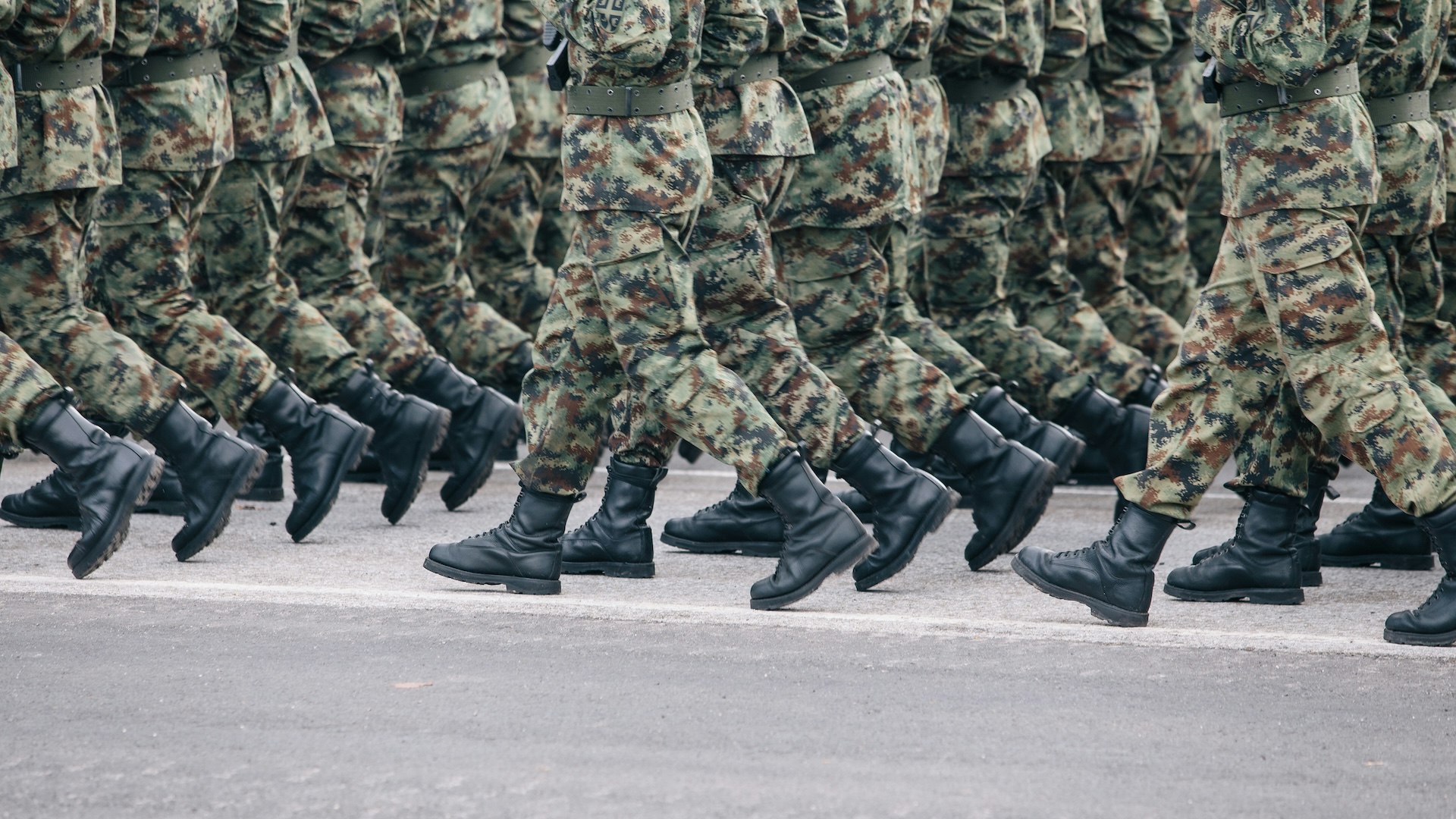You can tell a lot about people by the way they walk, can’t you? You can tell a lot about their physical health, their emotional state, and perhaps even their spiritual condition. You can often tell at a glance whether they are healthy or ill, joyful or sorrowful, delighting or despondent.
Consider a company of soldiers marching smartly together, their uniforms crisp and new, as together they march toward the field of battle. Their every step portrays competence and confidence. Consider that same company as they return weeks later, their numbers diminished, their uniforms battered, their feet shuffling rather than marching. It takes no great expertise to read their walk and understand their situation.
Or consider friends who pass through the doors of the church the week after suffering a grievous loss. Unknown to them, their sadness is expressed even in the way they walk, their grief manifested in their short strides, their hesitant steps, their bent backs. Their sorrow is displayed in their every step, their grief unintentionally visible to all around them.
Consider the walk of the bearer of good news versus the bearer of dreaded news, the groom versus the widower, the young woman versus the old, the the employee on his first day versus the employee on the day he learns his position has been terminated. Consider even the walk of the person who has determined to change sexuality or gender—a man now attempting to imitate the walk of a woman or a woman the stride of a man. In every case, the inner person is displayed in the outer person, the posture of the heart visible in the posture of the body.
You can tell a lot about people by the way they walk. And this is why it is so intuitive that the Bible offers admonitions like “Look carefully then how you walk” or “Let us walk properly.” Again, “I … urge you to walk in a manner worthy of the calling to which you have been called” and “walk in a manner worthy of the Lord” (Ephesians 5:15; Romans 13:13; Ephesians 4:1; Colossians 1:10). The way we walk is a visible portrayal of who we are, of what we are like, and of who we claim to be.
The way we walk is a visible portrayal of who we are, of what we are like, and of who we claim to be.
The great challenge of the Christian life, then, is to match our walk to our talk, what we portray outwardly to what we claim inwardly. The two must be harmonious rather than discordant, they must display that we are being transformed to the image of Christ rather than conformed to the world around. To honor God, they must display our loyalty to him, our submission to him, and our dependence upon him. For our walk will either affirm or betray us, either confirm or contradict our profession, either display our consistency or our hypocrisy.
And so I ask: How are you walking? Because the way you walk tells an awful lot about you.










